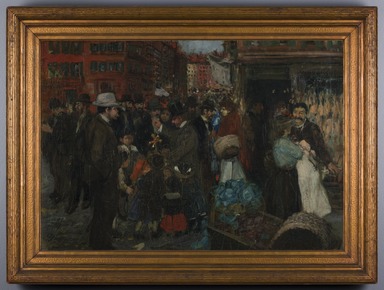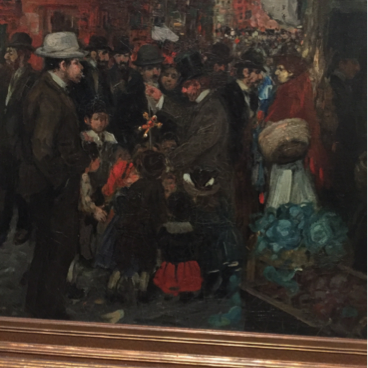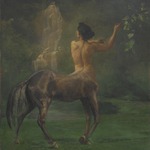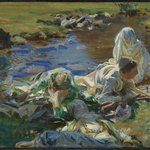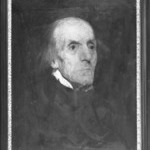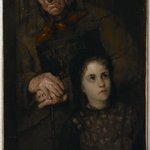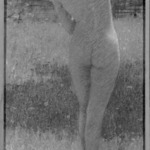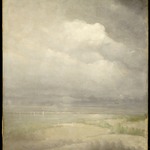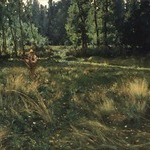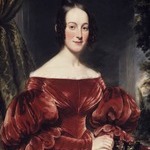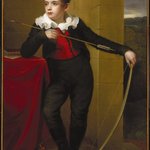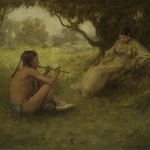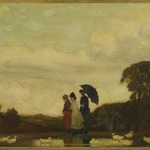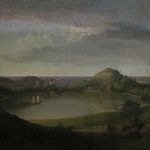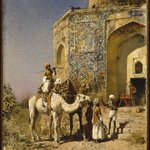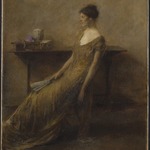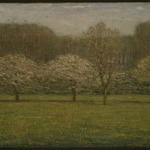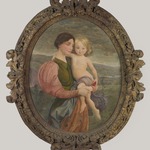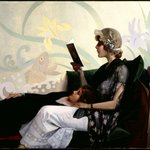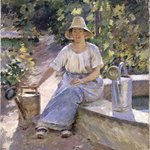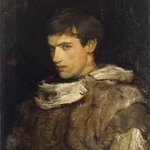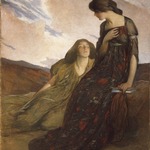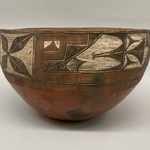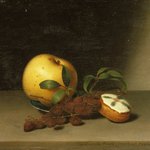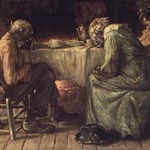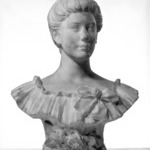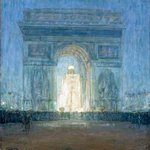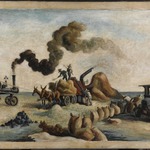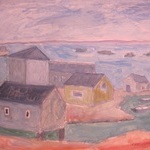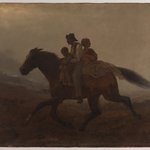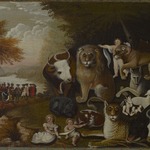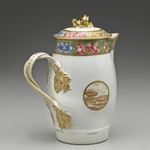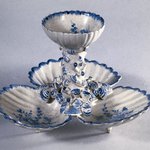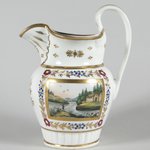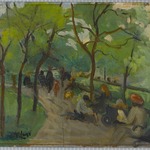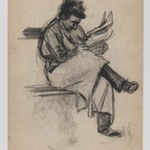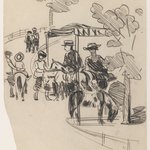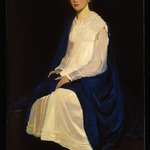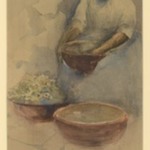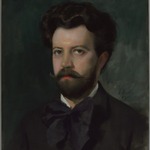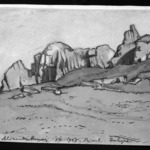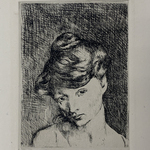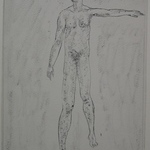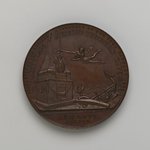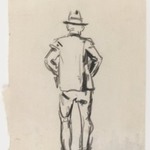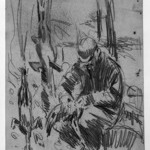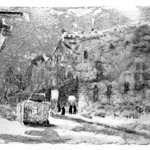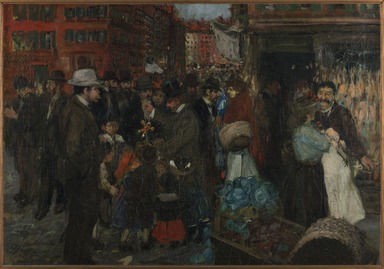
Street Scene (Hester Street)
George Benjamin Luks
American Art
On View: American Art Galleries, 5th Floor, Radical Care
In this scene capturing a crowded pushcart market on Hester Street on New York’s Lower East Side, George Benjamin Luks positions the viewer directly at street level and in close proximity to the array of men, women, and children who throng the foreground. Although the painting has been interpreted as a sympathetic vignette of Jewish life, it shows a closer kinship to Luks’s colleague Robert Henri’s method of representing people as racial or ethnic “types” rather than as specific individuals (see nearby work). Here, the figures are presented in profile, with particular attention to skin color and physical features, while the subject matter relates to a series of caricatures of Jewish peddlers—which engage with anti-Semitic stereotypes—that Luks created for Truth magazine in the 1890s.
MEDIUM
Oil on canvas
DATES
1905
DIMENSIONS
25 13/16 x 35 7/8 in. (65.5 x 91.1 cm)
frame: 32 1/2 x 43 x 3 in. (82.6 x 109.2 x 7.6 cm) (show scale)



SIGNATURE
Signed lower right: "George Luks"
COLLECTIONS
American Art
ACCESSION NUMBER
40.339
CREDIT LINE
Dick S. Ramsay Fund
PROVENANCE
Prior to 1935, provenance not yet documented; by 1935, acquired by Kraushaar Gallery, New York, NY; April 17, 1936, purchased from Kraushaar Gallery by Macbeth Gallery, New York; April 21, 1936, purchased from Macbeth Gallery by Francis Patrick Garvan of New Haven, CT; June 7, 1940, purchased from the estate of Francis Patrick Garvan by the Brooklyn Museum.
Provenance FAQ
EXHIBITIONS
MUSEUM LOCATION
This item is on view in American Art Galleries, 5th Floor, Radical Care
CAPTION
George Benjamin Luks (American, 1867–1933). Street Scene (Hester Street), 1905. Oil on canvas, 25 13/16 x 35 7/8 in. (65.5 x 91.1 cm). Brooklyn Museum, Dick S. Ramsay Fund, 40.339 (Photo: Brooklyn Museum, 40.339_PS20.jpg)
IMAGE
overall, 40.339_PS20.jpg. Brooklyn Museum photograph, 2024
"CUR" at the beginning of an image file name means that the image was created by a curatorial staff member. These study images may be digital point-and-shoot photographs, when we don\'t yet have high-quality studio photography, or they may be scans of older negatives, slides, or photographic prints, providing historical documentation of the object.
RIGHTS STATEMENT
No known copyright restrictions
This work may be in the public domain in the United States. Works created by United States and non-United States nationals published prior to 1923 are in the public domain, subject to the terms of any applicable treaty or agreement.
You may download and use Brooklyn Museum images of this work. Please include caption information from this page and credit the Brooklyn Museum. If you need a high resolution file, please fill out our online application form (charges apply).
The Museum does not warrant that the use of this work will not infringe on the rights of third parties, such as artists or artists' heirs holding the rights to the work. It is your responsibility to determine and satisfy copyright or other use restrictions before copying, transmitting, or making other use of protected items beyond that allowed by "fair use," as such term is understood under the United States Copyright Act.
The Brooklyn Museum makes no representations or warranties with respect to the application or terms of any international agreement governing copyright protection in the United States for works created by foreign nationals.
For further information about copyright, we recommend resources at the United States Library of Congress, Cornell University, Copyright and Cultural Institutions: Guidelines for U.S. Libraries, Archives, and Museums, and Copyright Watch.
For more information about the Museum's rights project, including how rights types are assigned, please see our blog posts on copyright.
If you have any information regarding this work and rights to it, please contact copyright@brooklynmuseum.org.
RECORD COMPLETENESS
Not every record you will find here is complete. More information is available for some works than for others, and some entries have been updated more recently. Records are frequently reviewed and revised, and we welcome any additional information you might have.
